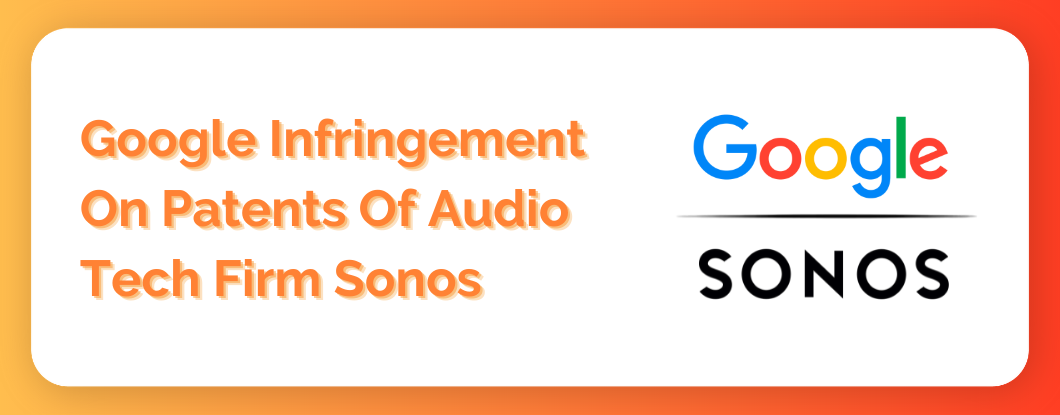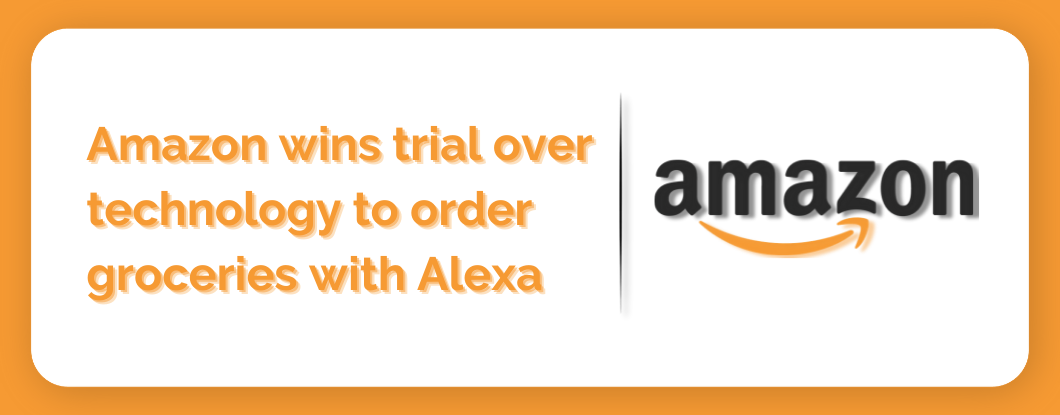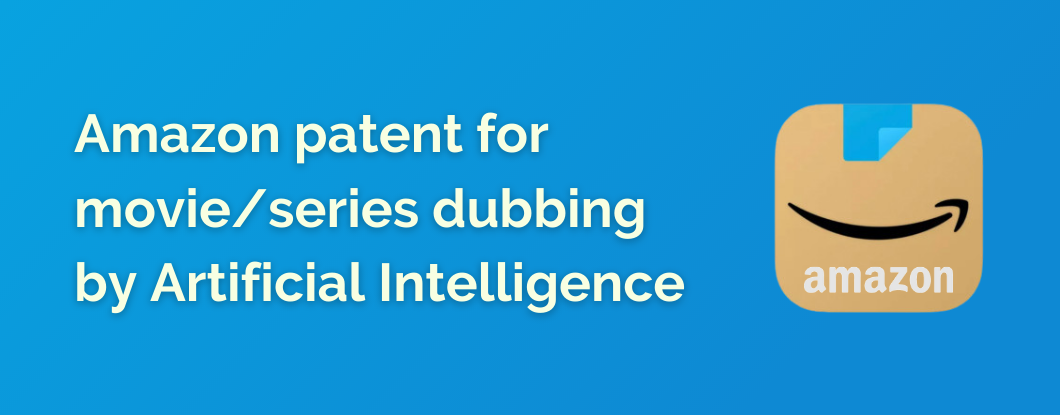A US judge has decided that Google encroached upon the
licenses of innovative speakers and sound innovation organization Sonos. As per
an underlying decision from a US International Trade Commission (ITC) judge,
Google encroached on five Sonos licenses.
“We are pleased the ITC has confirmed Google’s blatant
infringement of Sonos’ patented inventions. This decision re-affirms the
strength and breadth of our portfolio, marking a promising milestone in our
long-term pursuit to defend our innovation against misappropriation by Big Tech
monopolies,” According to Sonos’ Chief Legal Officer Eddie Lazarus.
In January last year, Sonos sued tech goliath Google for
purportedly replicating its wireless speaker design, asking the International
Trade Commission (ITC) to boycott Google items like laptops, phones, and
speakers. Sonos CEO Patrick Spence affirmed before the US House antitrust
committee that Google “blocked the company from enabling both Amazon’s
Alexa assistant and the Google Assistant from being active at the same
time”.
Google said in its countersuit that “while Google
rarely sues other companies for patent infringement, it must assert its
intellectual property rights here”. “We are disappointed that Sonos
has made false claims about our work together and technology,” Google
representative Jose Castaneda was cited as saying.
As per Sonos, beginning in 2016 not long after the primary
Google Home was launched, it started cautioning Google about patent
encroachment yet without any result. Sonos said it blamed Google for
encroaching on a sum of 100 licenses.
Google even countersued sound organization Sonos for patent
encroachment, alleging that the tech monster contributed “substantial
Google engineering resources” to help Sonos before. Google has
consistently kept up with that its innovation was grown autonomously and it was
not replicated from Sonos.



